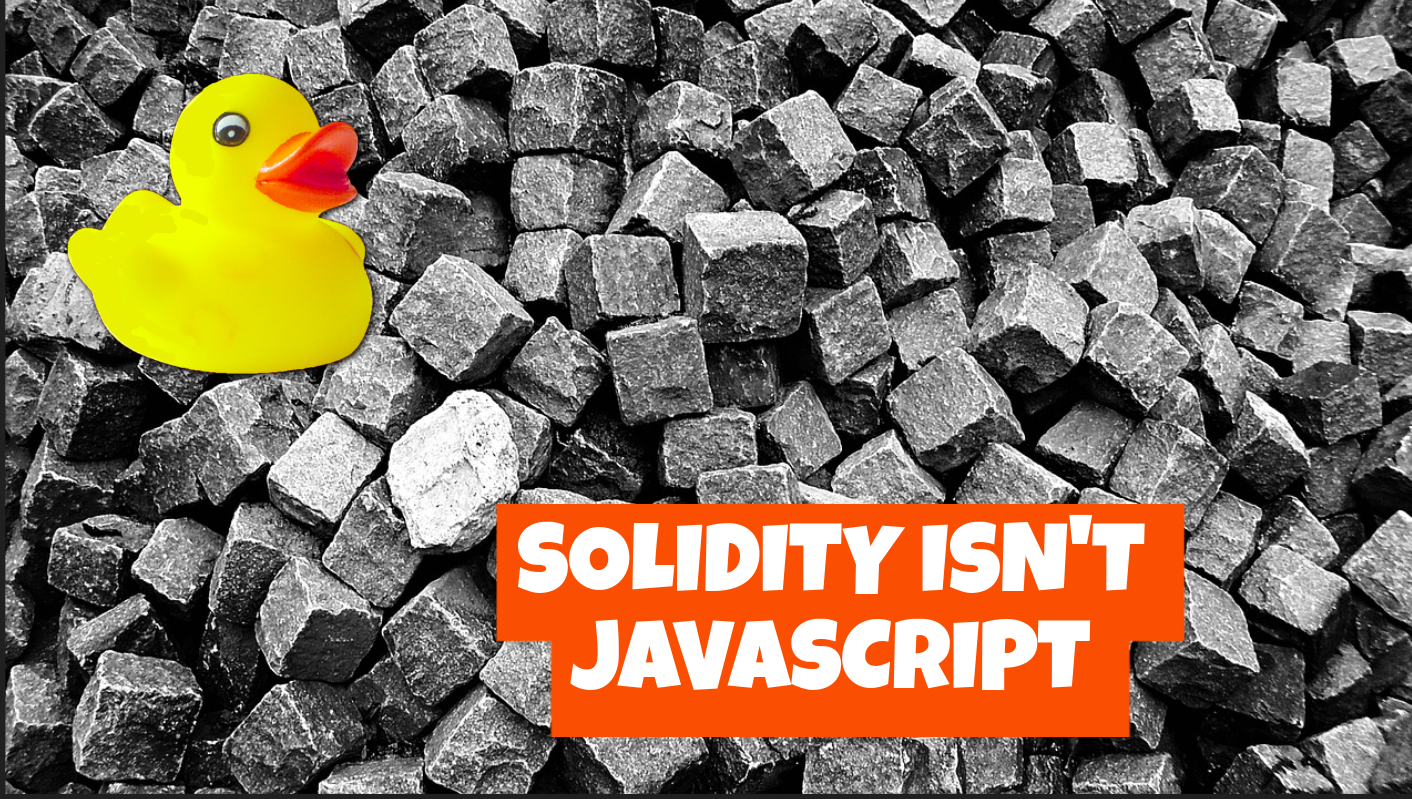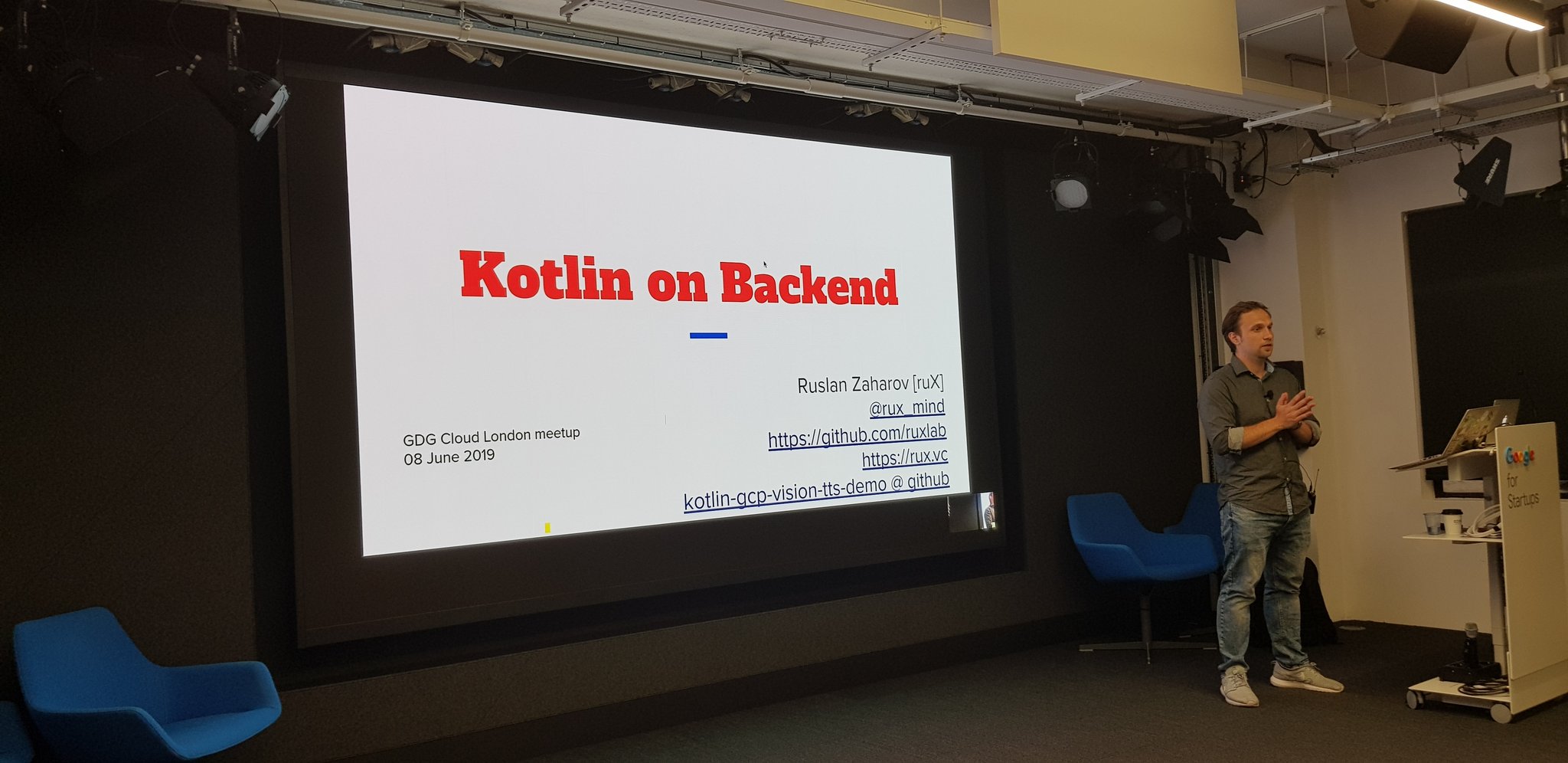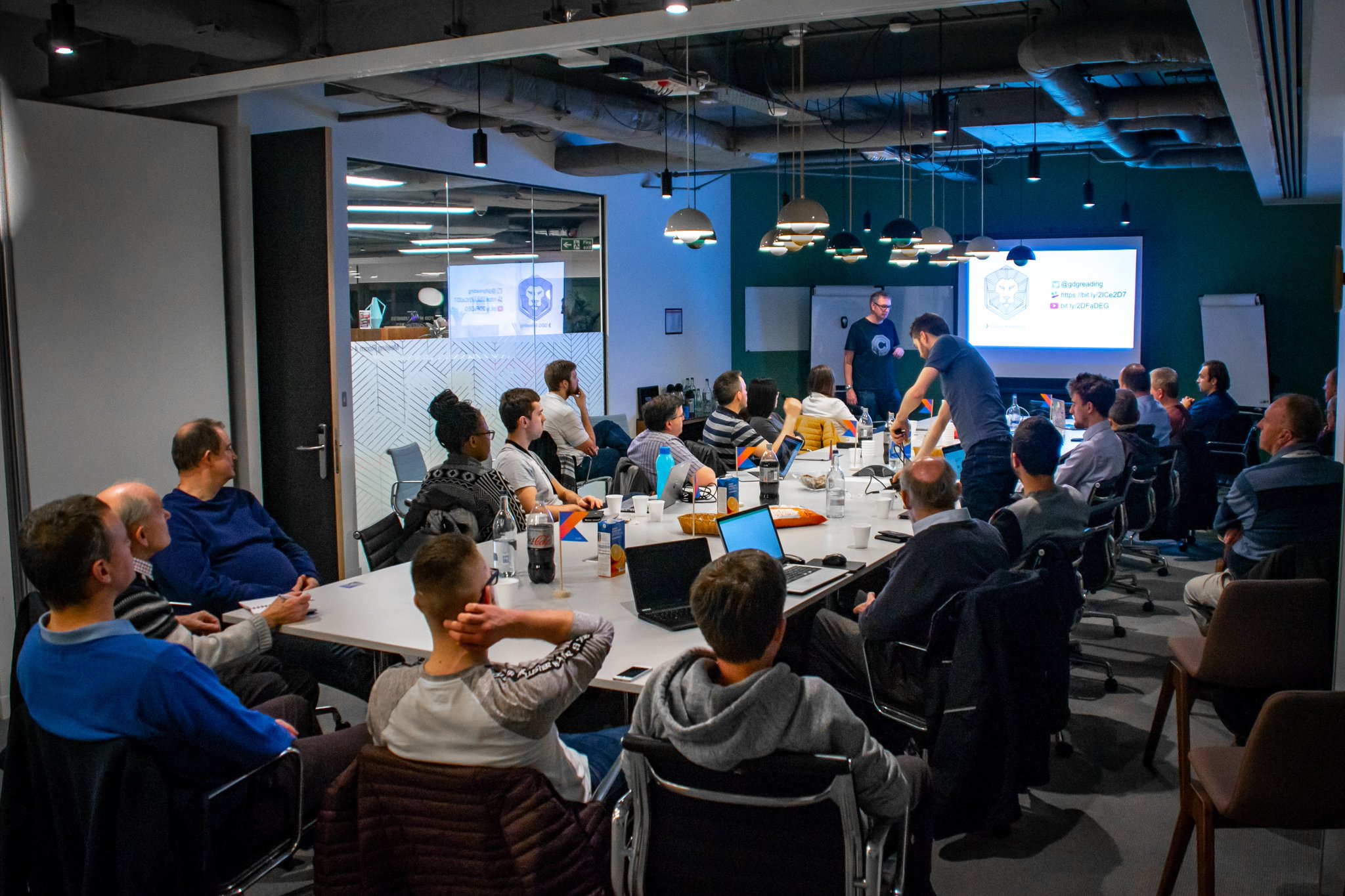As blockchains are expanding their influence, it's quite evident for an ordinary developer that Solidity has almost nothing to do with JavaScript.
I'm very particular about compile-time checks and runtime safety when it comes to writing software, and it becomes apparent if you read my other posts. In 2018, when I first came across Ethereum, also known as the 'world computer,' I knew nothing about the technologies behind it except that I'd need to use Solidity for this computer. The Solidity language website v2.2.0 stated, "Solidity is a high-level language whose syntax is similar to that of JavaScript, and it is designed to compile to code for the Ethereum Virtual Machine."
The reference to JavaScript alarmed me. How come someone use a potentially risky language like JavaScript to manage money? I know it mentioned only the syntax, but the reference was strong enough to discourage further exploration in that area, given at that time it didn't look something worth attention.









